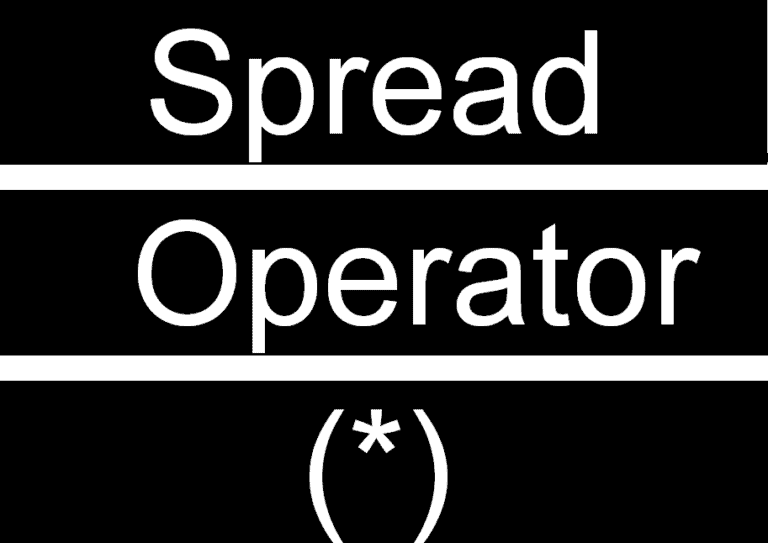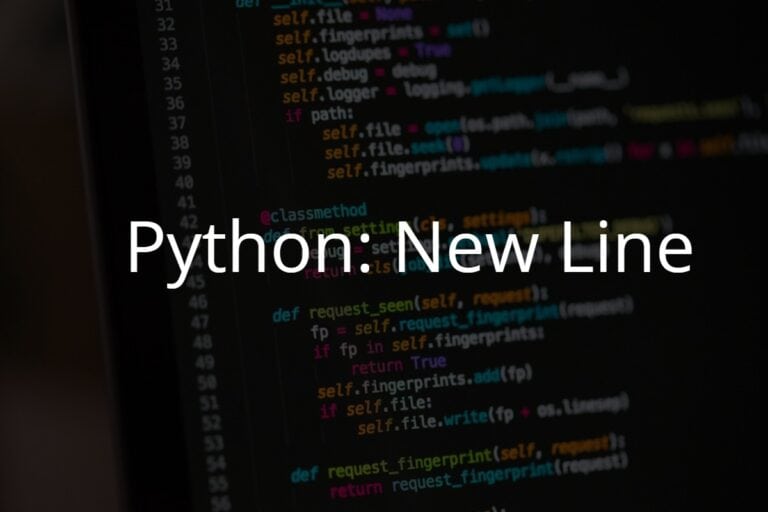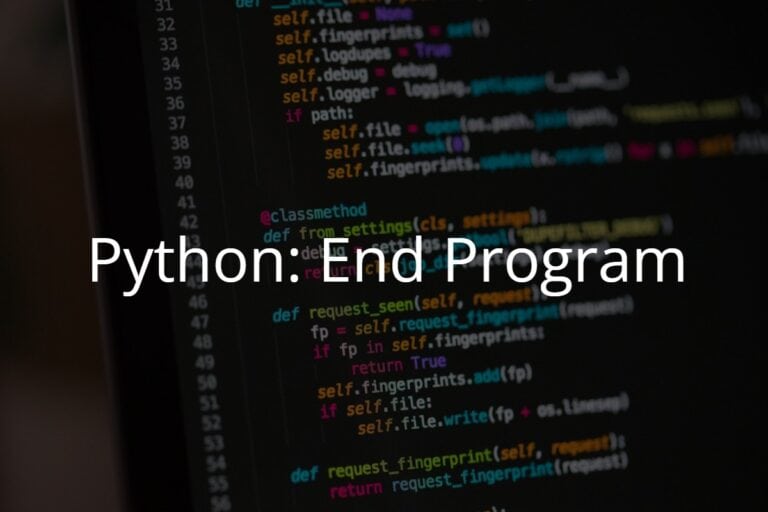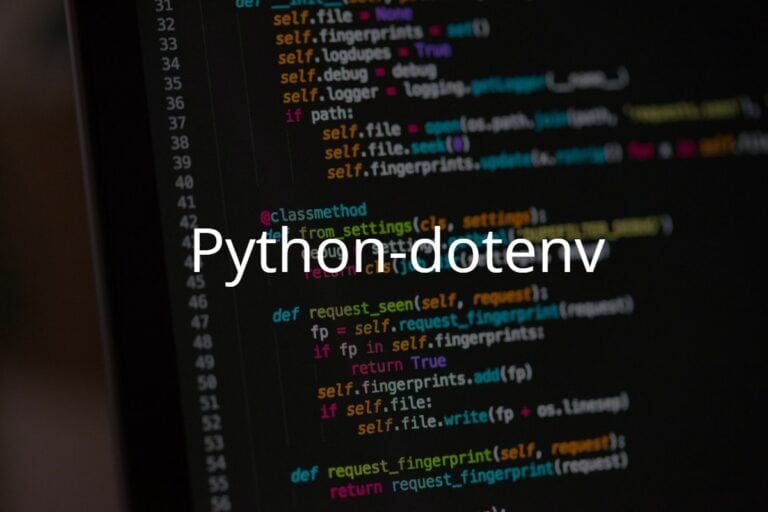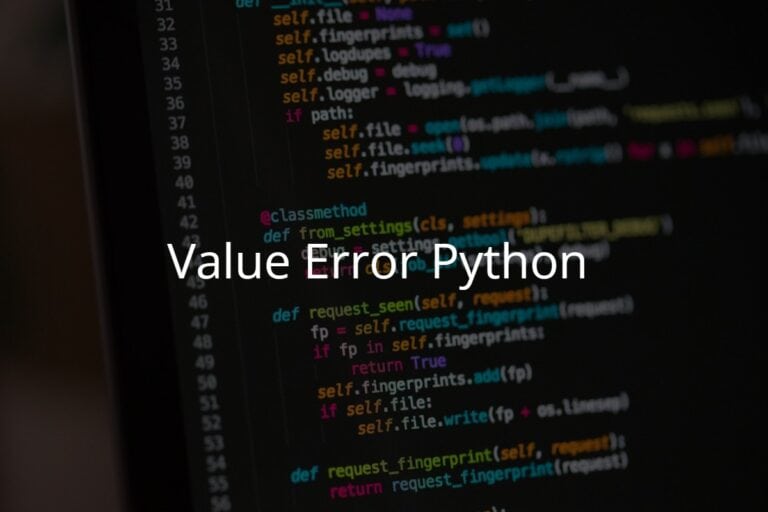Selecting the best programming languages is pivotal for any software development endeavor. The year 2024 presents a plethora of options, each excelling in various domains of application. For instance, Java remains a top choice for object-oriented programming due to its strong emphasis on design principles suited for extensive software projects. Concurrently, C# continues to offer comprehensive features for encapsulation, inheritance, and polymorphism within the .NET framework.
On the web development front, JavaScript, coupled with HTML and CSS, provides the backbone of modern websites, harnessing the power of interactivity and stylistic design. Meanwhile, Python’s simplicity and versatility make it a go-to language for beginners and experienced developers alike, balancing ease of learning with powerful capabilities in data analysis, machine learning, and more. As the landscape of programming languages evolves, the decision to adopt one language over another often boils down to specific project requirements, developer expertise, and the ability to integrate with various tools and frameworks.
In the dynamic field of software engineering, trends and industry demands play a significant role in shaping the popularity of programming languages. Factors such as community support, library ecosystems, and ongoing updates are crucial in determining the long-term viability and success of a programming language in any developer’s toolkit.
Programming Languages to Focus On
The tech landscape is ever-evolving, and staying on top of in-demand programming languages is key to a successful development career. Here’s a breakdown of the best programming languages to keep your eye on in 2024 and the reasons driving their popularity:
Languages Dominating the Scene
- Python: Python holds the crown for its versatility, beginner-friendliness, and massive community. Use Cases: Data science, machine learning, web development, automation.
- JavaScript: The backbone of web development. Use Cases: Front-end and back-end web development, mobile app development (with frameworks).
- Java: A powerhouse for enterprise applications and Android development due to its reliability and scalability. Use Cases: Large-scale systems, Android apps.
- C#: Microsoft’s language of choice, exceling in game development and cross-platform app creation. Use Cases: Game development (with Unity), Windows applications, .NET ecosystem.
Fast Risers to Watch
- Go (Golang): Designed for simplicity and speed, gaining traction in cloud computing and network systems. Use Cases: Back-end development, system programming, network infrastructure.
- Rust: Emphasizes safety and performance, favored in system-level programming. Use Cases: Operating systems, game engines, embedded systems, WebAssembly.
- TypeScript: Adds optional typing to JavaScript, improving code maintainability in large projects. Use Cases: Complex front-end web applications, Angular projects.
- Kotlin: A modern alternative to Java, especially popular in Android development. Use Cases: Cross-platform mobile development, Android apps.
Factors Affecting Language Popularity
- Market Demand: Job postings and industry trends reveal which languages are in high demand by employers.
- Emerging Technologies: AI, blockchain, and cloud computing influence which languages rise in importance.
- Community Support: A vibrant community with plentiful resources makes learning and problem-solving easier.
Choosing the Right Language
- Career Goals: Identify areas you want to specialize in (web development, data science, etc.) and pick languages that align.
- Project Requirements: Some languages are better suited for particular types of projects.
- Personal Preference: Enjoying your chosen language makes learning and working more fulfilling.
Table: Top Programming Languages and Primary Uses
| Language | Primary Use Cases |
|---|---|
| Python | Data science, machine learning, web development, automation |
| JavaScript | Front-end & back-end web development, mobile apps |
| Java | Enterprise apps, Android apps, large-scale systems |
| C# | Game development (Unity), Windows apps, .NET |
| Go | Back-end development, system programming, networking |
| Rust | Operating systems, game engines, embedded systems |
| TypeScript | Complex front-end development, Angular projects |
| Kotlin | Android apps, cross-platform mobile development |
Remember: The technology landscape changes fast. Be adaptable and willing to learn new languages as needed!
Key Takeaways
- Choosing the right language is key for successful software development
- Languages vary widely in their areas of strength and application
- Industry trends and demands influence language popularity
Assessing the Landscape of Programming Languages in 2024
The year 2024 witnesses a dynamic shift in the world of software development with certain programming languages gaining prominence. This is thanks to their effectiveness in areas such as artificial intelligence (AI), data science, and enterprise applications.
The Rise of Languages for AI and Data Science
In-demand programming languages like Python and R are at the forefront for AI and data science applications. Python is a choice tool for developers due to its strong libraries for machine learning and data analysis. It simplifies working with big data and developing AI models. R also sees widespread use in 2024, particularly for specialized data analysis tasks.
- Python: Preferred for its versatility in web development and AI.
- R: Employed for its statistical analysis capabilities.
Sustaining Enterprise-Level Software Development
For enterprise-level software, Java and C# remain vital due to their scalability and robust frameworks. Java, backed by its long-standing reliability, continues to support large systems and is favored by many businesses. C# benefits from its integration with Microsoft’s tools and the Unity game development platform.
- Java: Known for supporting scalable enterprise applications.
- C#: Integrated closely with Microsoft technologies and Unity for game development.
The Tactical Choice of Programming Languages for Different Domains
Selecting the right programming language is crucial for developers. It can shape careers, affect job prospects, and influence the success of projects.
Web Development: Front-End and Back-End Technologies
For creating web pages and web apps, front-end developers often use HTML, CSS, and JavaScript. These technologies ensure the site looks good and functions well. Back-end developers build the tech that processes data. They frequently use languages like Java, Python, and Ruby. Each language equips developers with the tools needed for robust web applications.
Mobile and Game Development Pragmatics
Developing mobile apps often involves Swift for iOS and Kotlin for Android platforms. These languages provide efficient means to build mobile apps. In game development, C++ is a top choice for its control over system resources. C# is also popular, especially with Unity game engine coding. Lua is notable for its light nature, used widely for scripting game behaviors.
The Evolution of General-Purpose Programming Languages
General-purpose programming languages have evolved to meet broad needs. Python is favored for its simple syntax and versatility across domains. Rust and Go offer safety and concurrency support, making them fit for complex applications. For performance-critical tasks, C and C++ are the go-to options. Developers learn these to handle a wide array of technology challenges.
Frequently Asked Questions
Choosing the right programming language is key for anyone looking to thrive in the field of software development. With numerous languages available, it’s important to identify those that align with your career goals and the industry’s future.
Which programming language is most in-demand for employment prospects?
Python and JavaScript are in high demand due to their wide-ranging applications in web development, data analysis, and automation.
What are the top programming languages recommended for beginners?
Python is often recommended for beginners because of its simple syntax and readability. Ruby is also suggested due to its similarity to the English language.
Which programming language is predominant in software development today?
JavaScript currently dominates web development, and its various frameworks are critical for front-end and full-stack developers.
What programming languages are leading the way for future developments post-2025?
Languages like Python, with strong ties to AI and machine learning, are likely to drive innovation beyond 2025. JavaScript and Rust are also poised for enduring relevance.
How many programming languages are considered essential for a proficient software engineer?
A software engineer should be proficient in at least one system-level language like C++ or Java, and one higher-level language like Python or JavaScript.
Between Python and Java, which one should a new programmer prioritize learning?
New programmers should consider Python for its ease of learning and versatility, while Java is a good choice for those interested in enterprise-level back-end development.


